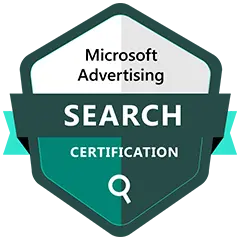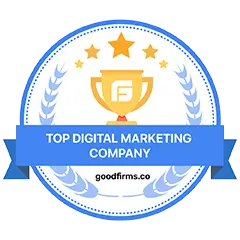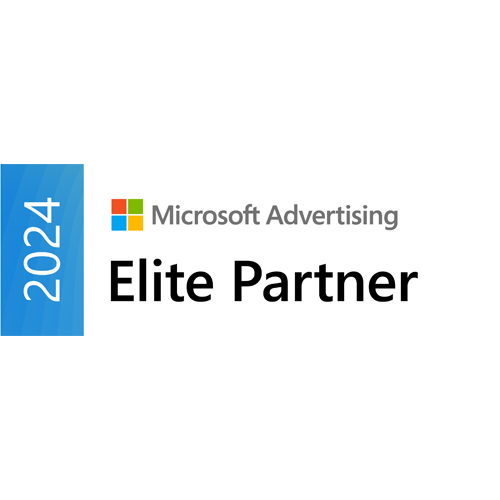Small business owners should consider content marketing because it is a powerful and cost-effective way to reach and engage with their target audience.
Content marketing is a strategic marketing approach involving creating and distributing valuable, relevant, and consistent content to attract and retain a clearly defined audience. For small business owners, content marketing can be a powerful tool to drive traffic, generate leads, and build a strong brand.
In this article, we will discuss the top 7 benefits of content marketing for small business owners in detail.
Increases Brand Awareness: By creating and sharing high-quality content that provides value to your target audience, you can increase brand awareness and establish your business as a thought leader in your industry. This, in turn, can help you attract new customers and build a loyal following.
Builds Trust and Credibility: Content marketing can help build trust and credibility with your audience by demonstrating your expertise and knowledge in your industry. By providing useful and informative content, you can establish yourself as a trusted resource, which can help you convert leads into customers.
Read More: Best Tips to Use Content Marketing for Brand Trust Building
Boosts Search Engine Rankings: Creating high-quality content that is optimized for search engines can help improve your website’s search engine rankings. This can increase your visibility to potential customers who are searching for products or services related to your business.
Generates Leads: By creating content that speaks directly to your target audience and addresses their pain points, you can attract and generate leads. This can be done using calls-to-action (CTAs) that encourage visitors to sign up for a newsletter, download an eBook, or request a consultation.
Cost-effective Marketing: Content marketing is a cost-effective way for small business owners to reach their target audience. While it requires time and effort, it can be much more affordable than traditional forms of advertising such as television, radio, or print ads.
Provides Long-Term Benefits: Unlike other forms of marketing, content marketing provides long-term benefits. By creating evergreen content that remains relevant and useful over time, you can continue to attract new leads and customers long after the content is published.
Enables Audience Engagement: Content marketing allows for two-way communication with your audience, which can help you build relationships and increase engagement. By responding to comments, answering questions, and asking for feedback, you can create a sense of community around your brand and encourage loyal followers to become brand ambassadors.
Read More: Top 9 Tips for Creating Content Your Audience Actually
As a business owner, you must know the above-listed benefits you can get by adopting the best strategies for effective content marketing. Effective content marketing requires a strategic approach tailored to your business goals and target audience.
By defining your goals and target audience, developing a content strategy, creating high-quality content, using a variety of content formats, promoting your content, monitoring, and measuring your results, and continuously improving your content, you can build a strong brand, generate leads, and drive business growth.
Strategies For Effective Content Marketing
Here are some best strategies for effective content marketing:
Define Your Goals and Target Audience: It is important to define your goals and target audience before creating content. Your goals should be specific, measurable, and aligned with your business objectives. Your target audience should be well-defined, and you should understand their needs, pain points, and interests.
Develop a Content Strategy: Once you have defined your goals and target audience, you should develop a content strategy that outlines the types of content you will create, how often you will publish, and how you will promote your content. Your content strategy should align with your business goals and target audience.
Create High-Quality Content: The success of your content marketing depends on the quality of your content. Your content should be informative, valuable, and engaging to your target audience. You should also optimize your content for search engines to improve your search engine rankings.
Also Read: Challenges Marketers Face with Bad Content
Use a Variety of Content Formats: To keep your audience engaged, it is important to use a variety of content formats, such as blog posts, infographics, videos, podcasts, and social media posts. Different formats can appeal to different learning styles and preferences.
Promote Your Content: To maximize the reach of your content, you should promote it through various channels such as email marketing, social media, and other online platforms. You can also collaborate with other businesses or influencers to reach a wider audience.
Monitor and Measure Your Results: To ensure that your content marketing is effective, you should monitor and measure your results. You can use tools such as Google Analytics to track your website traffic, engagement, and conversions. This will help you identify areas for improvement and adjust your content strategy as needed.
Continuously Improve Your Content: Finally, to keep your audience engaged and attract new leads, you should continuously improve your content. This may involve updating your existing content, conducting research, and staying up to date with the latest trends and best practices in your industry.
Read More: Best content marketing practices for small businesses
In conclusion, content marketing can provide significant benefits for small business owners, including increased brand awareness, trust, credibility, improved search engine rankings, lead generation, cost-effectiveness, long-term benefits, and audience engagement.
Also Read: Importance Of Content Marketing For Businesses
For all these, you need to choose a result-driven content strategy. You can build a strong brand and drive business growth by creating and sharing high-quality content that speaks directly to your target audience.










